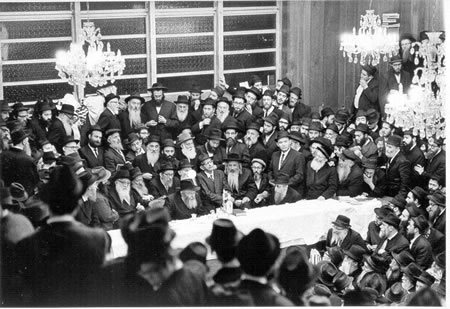Smaller Is Better
How rich must we be to be satisfied? How confident must we be to feel successful? How great must we be to become leaders? You probably think you know the answer… This edition of The Long Short Way covers the second part of the seventh chapter of the Frierdiker Rebbe’s ma’amer, Basi Legani from 5710 (1950). Basi LeGani is a series of four ma’amorim, the second, HaYosheves BeGanim, includes the chapter we learn this year. This ma’amer was distributed on 13…









